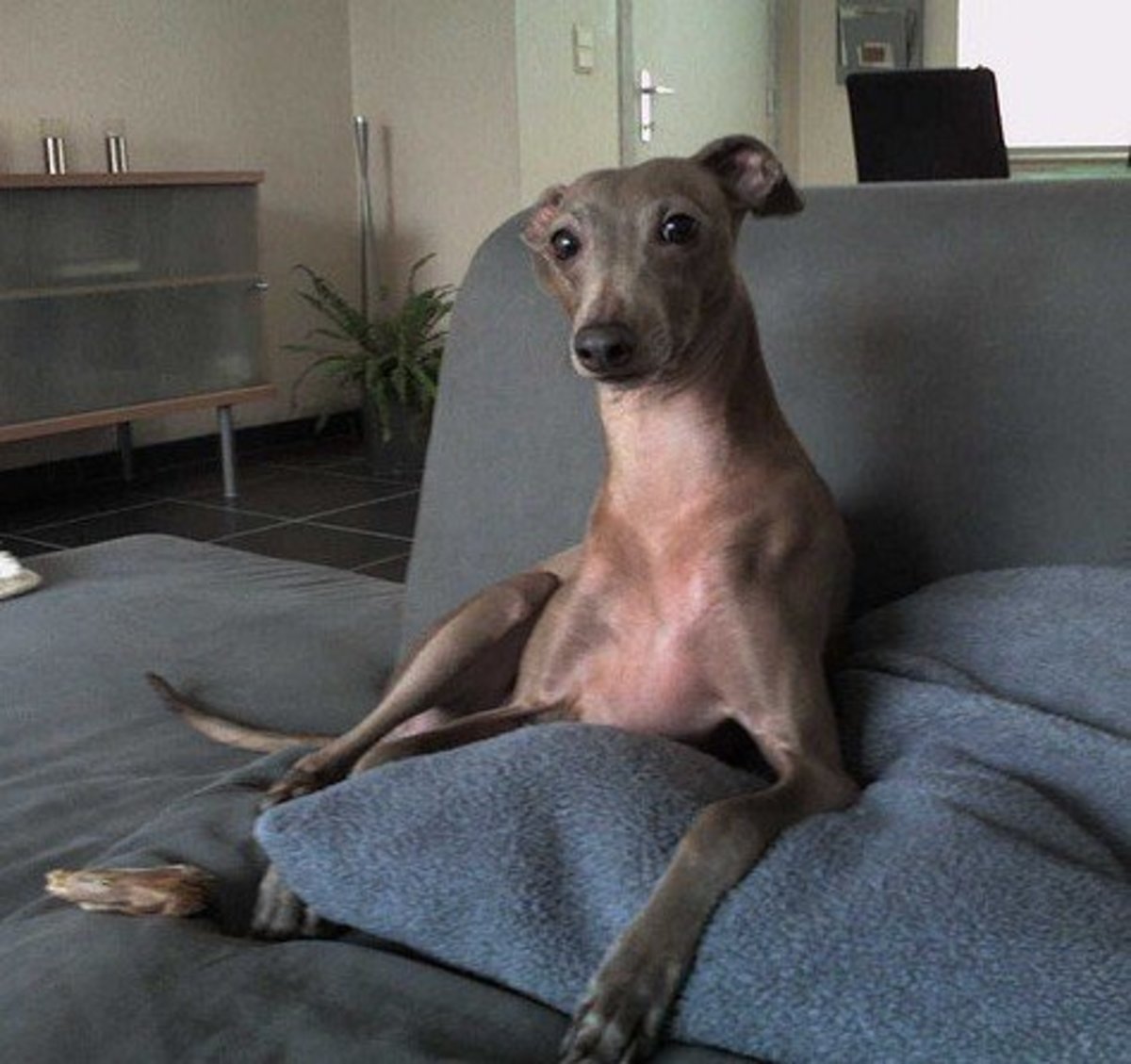Dog Losing Hair On Back - It can be concerning to notice your furry friend losing hair on their back. Fortunately, there are several potential causes and treatments for this issue.
Potential Causes
Fleas and Ticks
One of the most common causes of hair loss on a dog's back is fleas and ticks. These pesky parasites can cause severe itching, leading to your dog scratching and biting at their skin. This can lead to hair loss, and if left untreated, can cause skin infections.
To treat flea and tick infestations, consult your veterinarian. They may recommend a flea and tick preventative medication or prescribe a treatment for any skin infections caused by constant scratching.
Allergies
Allergies, particularly flea allergies, can cause hair loss on a dog's back. In addition to hair loss, your dog may exhibit symptoms like excessive scratching, redness, and bumps on their skin. Allergies can be difficult to diagnose and treat, so it's essential to consult your veterinarian to determine the underlying cause.
Your vet may recommend allergy testing or prescribe medication to manage your dog's symptoms. Additionally, they may suggest eliminating certain foods or environmental allergens from your dog's diet and surroundings.
Hormonal Imbalances
Hormonal imbalances, particularly hypothyroidism and Cushing's disease, can cause hair loss on a dog's back. Other symptoms may include weight gain, lethargy, and increased thirst and urination. These conditions require veterinary treatment to manage.
Your vet may prescribe medication to manage your dog's hormone levels and suggest a specific diet to support their treatment.
Tips and Ideas
Grooming
Grooming your dog is essential to their overall health and well-being. Regular brushing can prevent tangles and mats, distribute the natural oils in their coat, and keep their skin healthy. It can also provide an opportunity to inspect your dog's skin and coat thoroughly for any signs of irritation or hair loss.
Consult with your veterinarian or groomer to determine the best grooming routine for your dog's coat type and length.
Diet
A balanced diet is crucial to maintaining your dog's health, including their skin and coat. Consult with your veterinarian to determine the best diet for your dog based on their age, breed, and any underlying health conditions.
Supplements like omega-3 fatty acids, biotin, and zinc can also promote healthy skin and coat growth.
Environmental Factors
Environmental factors like harsh chemicals, hot and dry weather, and excessive bathing can be detrimental to your dog's skin and coat. Limit your dog's exposure to these factors and use gentle, natural grooming products.
If you notice any changes in your dog's coat or skin, consult with your veterinarian to determine the appropriate treatment plan.
How To Treat Hair Loss on a Dog's Back
The best way to treat hair loss on your dog's back is to determine the underlying cause and address it accordingly. Consult with your veterinarian to determine the best course of treatment for your furry friend.
Depending on the cause, treatment options may include medication, dietary changes, environmental modifications, and grooming practices.





Overall, hair loss on a dog's back can be a symptom of various underlying causes, including allergies, parasites, hormonal imbalances, and environmental factors. By understanding the potential causes and treatment options, you can help your furry friend get back on track to a healthy and beautiful coat.
View more articles about Dog Loosing Hair On Back